Thousands of protesters mobilized in cities including Paris, Marseille, Lyon, Nantes, and Montpellier, aiming to "block everything" in response to recent government actions, foreign media reported. The movement, which began as a grassroots initiative, has gained momentum due to widespread dissatisfaction with President Macron's leadership and economic policies. Protesters targeted transportation hubs, government buildings, and major intersections, causing significant disruptions throughout the day.
'Block Everything' movement
The "Block Everything" movement originated online in May, initially among far-right groups, before being adopted and led by left-wing and radical-left factions, including La France Insoumise (LFI), the Nouveau Parti Anticapitaliste (NPA), and several trade unions such as CGT and Solidaires.
Its decentralized organisation through social media platforms, including Telegram and X (formerly Twitter), makes the protests unpredictable. Security services were forced to anticipate a turnout that could reach 100,000 participants, particularly in left-wing strongholds like Nantes, Rennes, Lyon, Toulouse, and Bordeaux.
"Block Everything has emerged as a broad expression of public anger over austerity and a political system perceived as disconnected from everyday life," said Paola Sedda, University of Lille expert on online movements.
Clashes with authorities and widespread arrests
The French Interior Ministry reported that nearly 200 individuals were arrested during the protests. Demonstrators engaged in acts of civil disobedience, including blocking roads, setting fires, and confronting police forces. In response, authorities deployed approximately 80,000 security personnel nationwide, with 6,000 stationed in Paris alone. Riot police utilized tear gas to disperse crowds, and several incidents of violence were reported, including a bus being set on fire in Rennes and protesters throwing cobblestones at officers.
Catalysts behind the unrest
The immediate trigger for the protests was the appointment of Sébastien Lecornu as Prime Minister, following the resignation of François Bayrou. Lecornu's appointment, the fifth such change in less than two years, has been perceived by many as a continuation of Macron's unpopular policies. Protesters are particularly angered by proposed austerity measures, including €43.8 billion in public spending cuts, the elimination of two public holidays, and pension freezes. These measures have been viewed as detrimental to public services and social welfare, exacerbating existing economic inequalities.
The "Block Everything" movement has drawn comparisons to the 2018-2019 Yellow Vest protests. While some citizens express support for the demonstrators' demands, others criticise the disruptive tactics employed. The protests underscore a nation divided over the direction of its leadership and the balance between economic reform and social equity.

 3 hours ago
1
3 hours ago
1


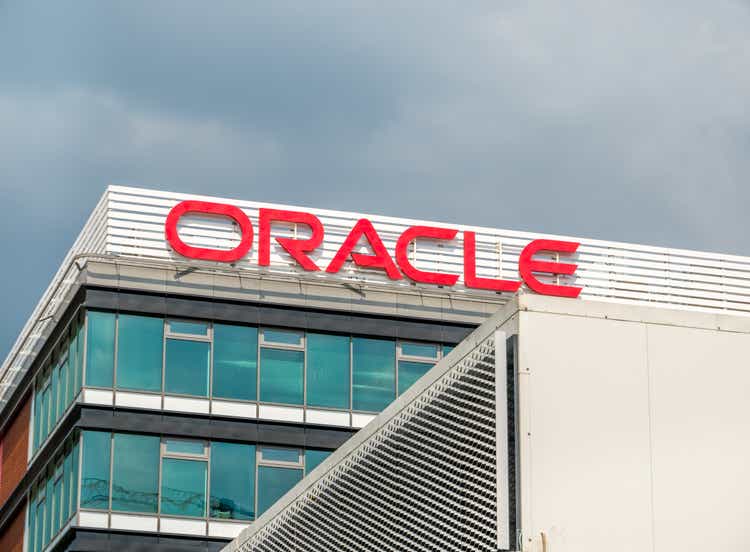


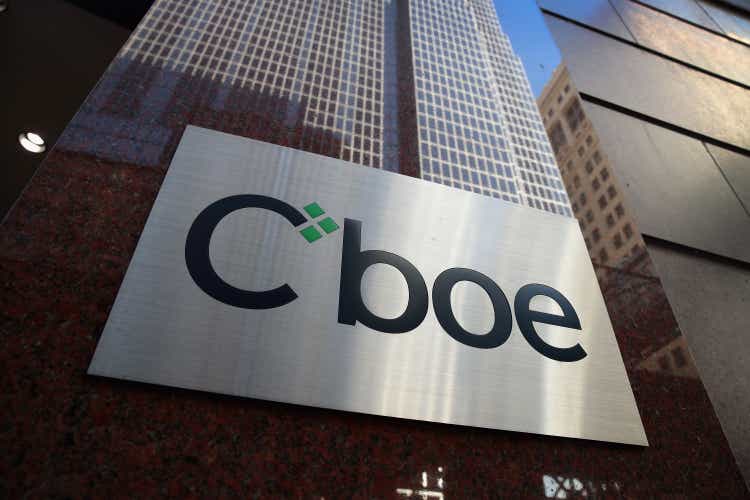

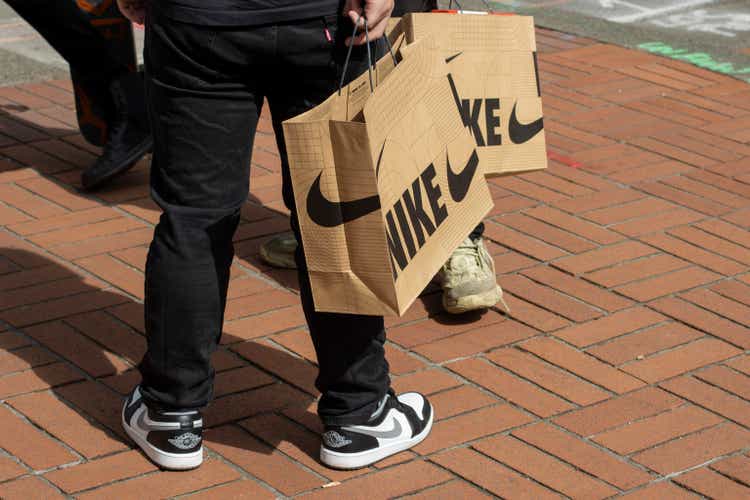



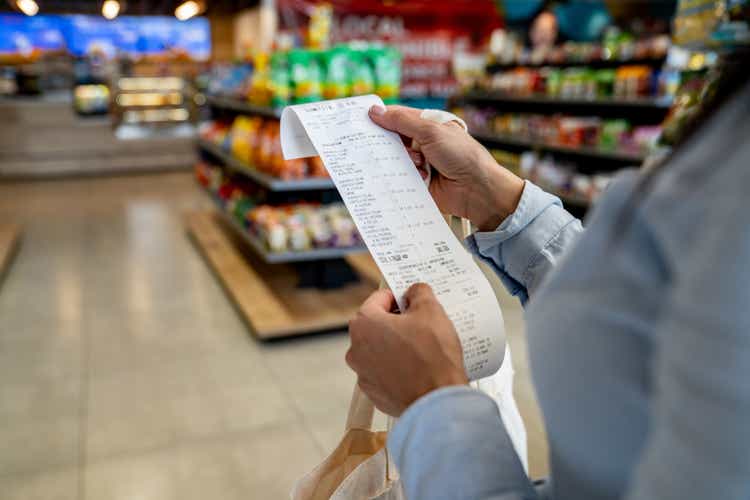



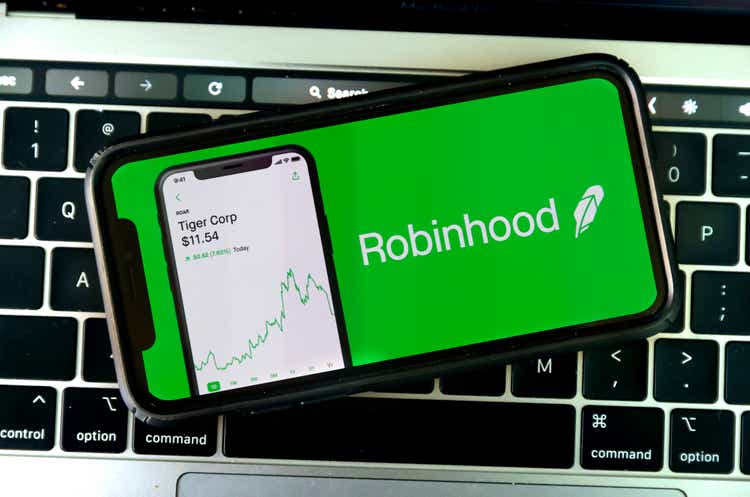
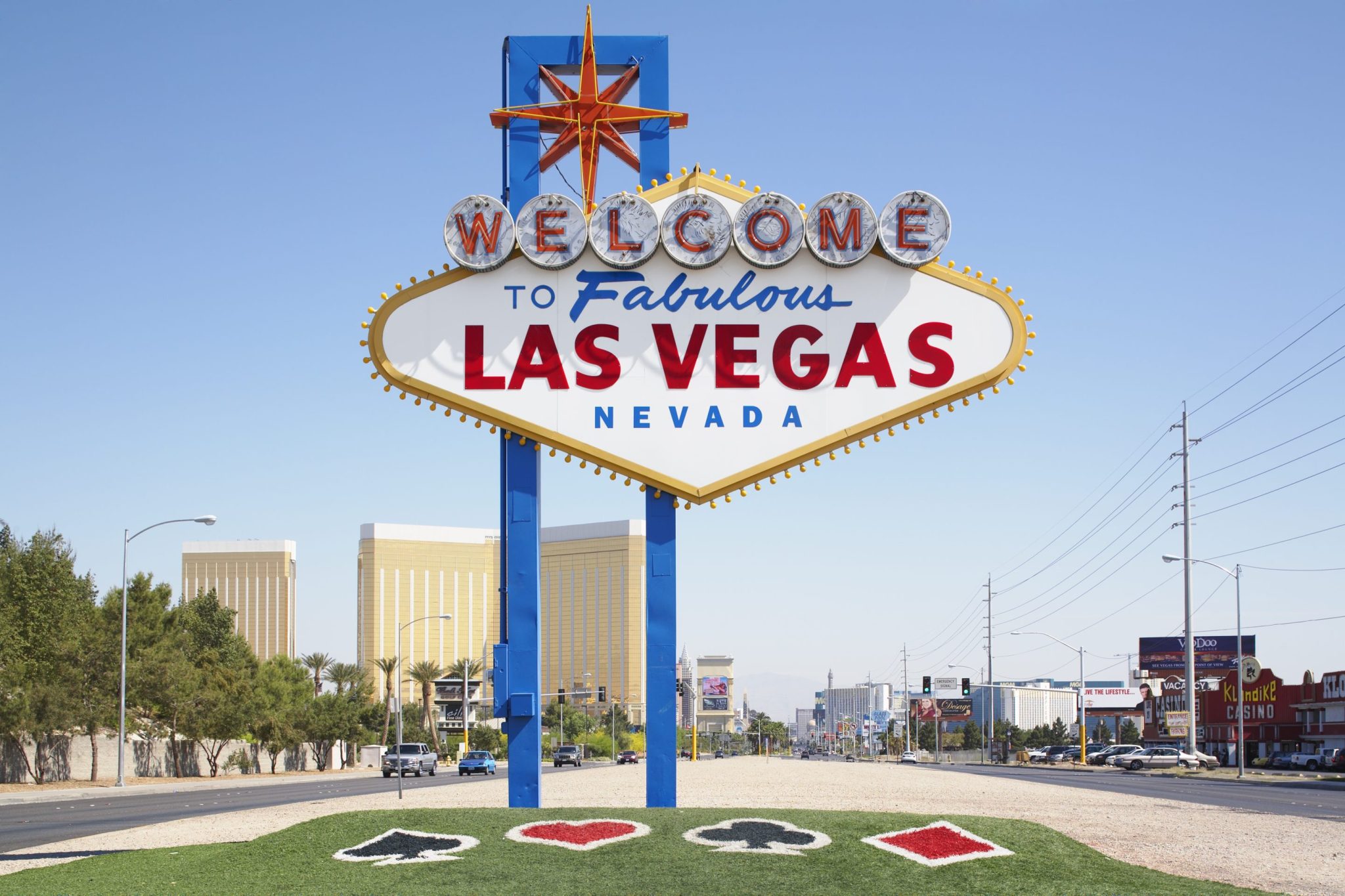





 English (US) ·
English (US) ·